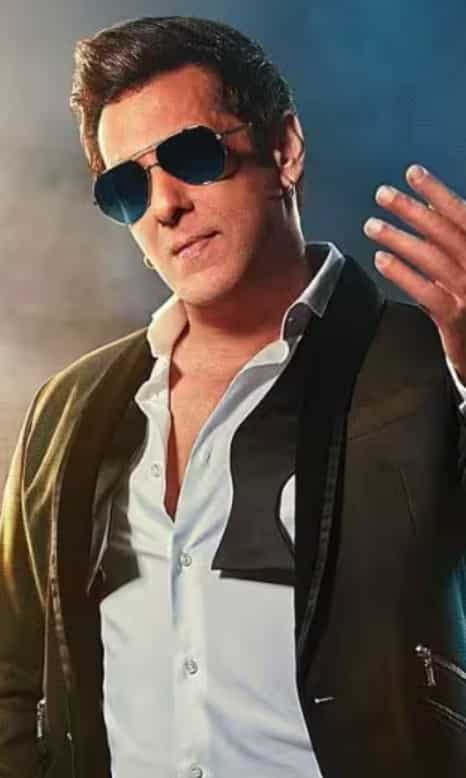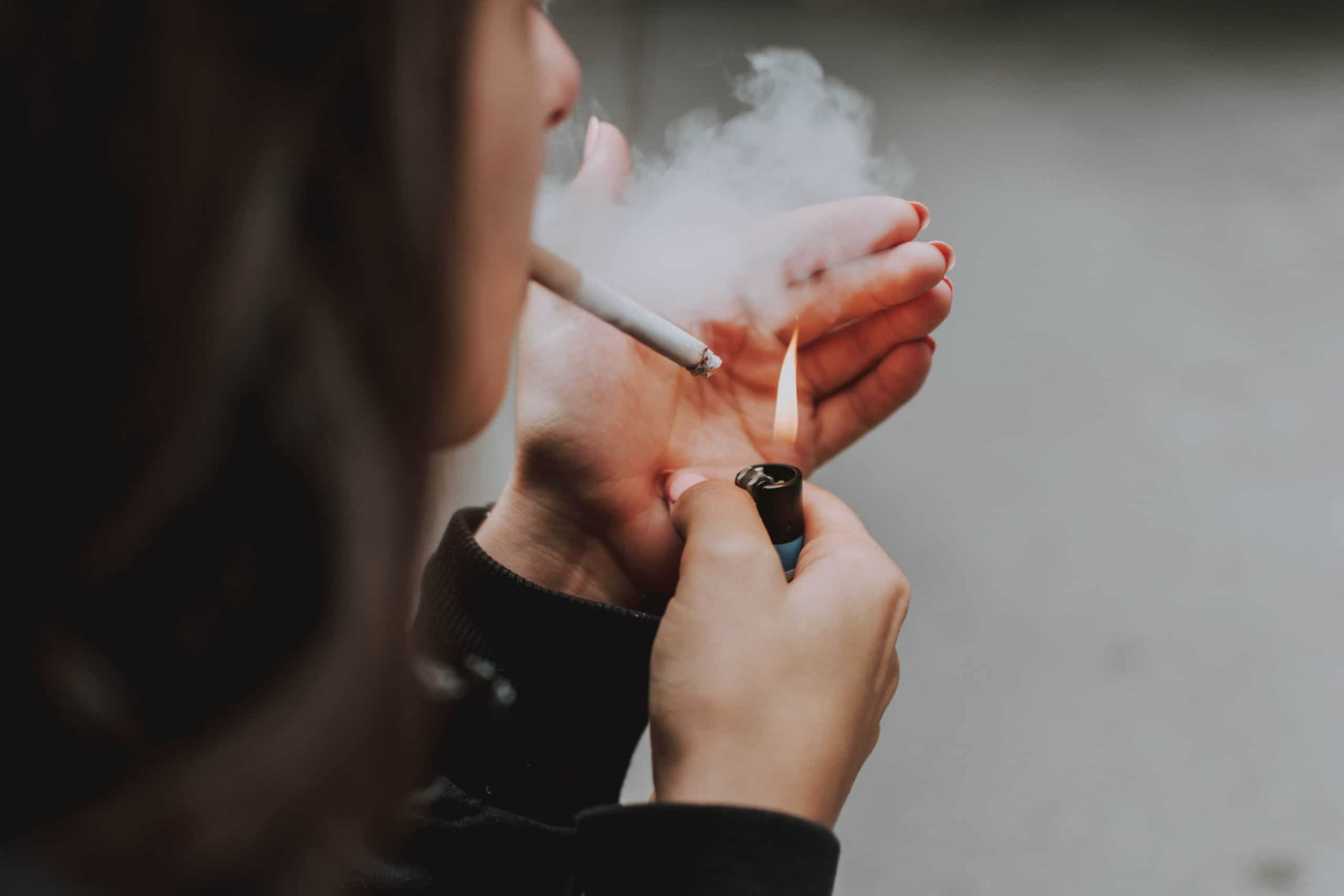Tokyo is the second stop on US VP Mike Pence's 10-day tour of Asia, a trip aimed at emphasising that US President Donald Trump wants to boost US trade in the region.
US Vice President Mike Pence landed in Tokyo on Tuesday, where he is expected to reassure Washington's ally amid tensions over North Korea, while also holding talks the White House hopes will open doors for US goods and attract infrastructure investment.
Pence will first join a working lunch with Prime Minister Shinzo Abe for talks expected to focus on security issues before meeting Deputy Prime Minister Taro Aso for economic discussions.
Before Pence's arrival, US Commerce Secretary Wilbur Ross met Japan's trade minister, Hiroshige Seko. Ross, seen as more hardline on trade, told reporters Washington was eager to increase trade ties with Tokyo through a two-way agreement.
Tokyo is the second stop on Pence's 10-day tour of Asia, a trip aimed at emphasising that US President Donald Trump wants to boost US trade in the region even though he has abandoned the 12-nation Trans-Pacific Partnership (TPP) trade pact.
Advocates for the TPP, negotiated by former President Barack Obama and supported by Abe, said it would have opened markets for American exports. US business groups supported the deal but US labour unions argued it would hurt American workers.
Trump campaigned for office on an "America First" platform, saying he would boost US manufacturing jobs and shrink the country's trade deficit with countries like Japan.
Trump also vowed to renegotiate existing regional trade deals to focus on bilateral agreements. Tokyo is wary of a two-way free trade agreement (FTA), fearing it would boost pressure to open up politically sensitive sectors such as agriculture. "It's a little bit early to say just what forms things will take but we are certainly eager to increase our trade relationships with Japan and to do so in the form of an agreement," Ross said when asked about a possible FTA.
TRADE IMBALANCES
Japan had a $69 billion trade surplus with the United States last year, the US Treasury Department said, expressing concern over what it called the "persistence" of the imbalance. Japanese officials counter that Tokyo accounts for a much smaller chunk of America's deficit than in the past, while China's imbalance is much bigger.
Trump has complained that Japan keeps its currency artificially low, although a Treasury Department report last week did not label Japan a currency manipulator. The issue was not expected to be raised in talks on Tuesday.
Pence said in Seoul on Tuesday the Trump administration would review and reform a 5-year-old free trade agreement with South Korea. The Korea Automobile Manufacturers Association expressed concern about any review of the pact, which removed tariffs on auto trade between the two countries.
Trump and Abe agreed in February to have Pence and Aso, who is also Japan's finance minister, open an economic dialogue. The two sides were expected to agree on principles and a process for further detailed discussions between Japanese officials and their counterparts. "Obviously, the first high-level talk is not going to have an immediate resolution of anything but I think we have a reasonable path forward," Ross said.
Aso told reporters before the talks began he would discuss with Pence a broad framework on two-way economic cooperation without going into any details in their first round. He also said he would not discuss any bilateral free trade deal with Pence. The White House adviser said Tuesday's talks would not prescribe a free-trade deal but talks might eventually lead to such negotiations.
INDIANA TIES
Pence developed ties with Japanese business and political leaders as governor of Indiana, a state that is home to Subaru, Honda and Toyota plants, and about 260 Japanese companies in total employing about 60,000 residents. "To some extent, we want to do for the United States what we did for Indiana," the White House adviser said.
Indiana is the top US state for per-capita foreign direct investment from Japan, including higher-technology and better-paying manufacturing jobs, said Victor Smith, Pence's commerce secretary when he led the state.
The Trump administration wants to attract more foreign direct investment, hoping to attract some with a $1 trillion plan to rebuild US roads, bridges and other infrastructure.
Pence will take that message to upcoming stops this week in Jakarta and Sydney. While no immediate announcements are expected from Tokyo, the White House expects a "handful" of investment announcements while Pence is in Australia at the weekend, the adviser said.
He is due to meet corporate leaders at each of his stops to reassure businesses that trade in the United States is worth their while. "Part of the trip is the very big symbolism of listening," a White House adviser said. "We're not pivoting away from the region."
![submenu-img]() US imposes sanctions on Chinese, Belarus firms for providing ballistic missile tech to Pakistan
US imposes sanctions on Chinese, Belarus firms for providing ballistic missile tech to Pakistan![submenu-img]() 'Don't have any comment': White House mum on reports of Israeli strikes in Iran
'Don't have any comment': White House mum on reports of Israeli strikes in Iran![submenu-img]() Yes Bank co-founder Rana Kapoor gets bail after four years in bank fraud case
Yes Bank co-founder Rana Kapoor gets bail after four years in bank fraud case![submenu-img]() Barmer Lok Sabha Polls 2024: Check key candidates, date of voting and other important details
Barmer Lok Sabha Polls 2024: Check key candidates, date of voting and other important details![submenu-img]() This star once lived in garage, earned Rs 51 as first salary; now charges Rs 5 crore per film, is worth Rs 335 crore
This star once lived in garage, earned Rs 51 as first salary; now charges Rs 5 crore per film, is worth Rs 335 crore![submenu-img]() DNA Verified: Is CAA an anti-Muslim law? Centre terms news report as 'misleading'
DNA Verified: Is CAA an anti-Muslim law? Centre terms news report as 'misleading'![submenu-img]() DNA Verified: Lok Sabha Elections 2024 to be held on April 19? Know truth behind viral message
DNA Verified: Lok Sabha Elections 2024 to be held on April 19? Know truth behind viral message![submenu-img]() DNA Verified: Modi govt giving students free laptops under 'One Student One Laptop' scheme? Know truth here
DNA Verified: Modi govt giving students free laptops under 'One Student One Laptop' scheme? Know truth here![submenu-img]() DNA Verified: Shah Rukh Khan denies reports of his role in release of India's naval officers from Qatar
DNA Verified: Shah Rukh Khan denies reports of his role in release of India's naval officers from Qatar![submenu-img]() DNA Verified: Is govt providing Rs 1.6 lakh benefit to girls under PM Ladli Laxmi Yojana? Know truth
DNA Verified: Is govt providing Rs 1.6 lakh benefit to girls under PM Ladli Laxmi Yojana? Know truth![submenu-img]() Remember Ali Haji? Aamir Khan, Kajol's son in Fanaa, who is now director, writer; here's how charming he looks now
Remember Ali Haji? Aamir Khan, Kajol's son in Fanaa, who is now director, writer; here's how charming he looks now![submenu-img]() Remember Sana Saeed? SRK's daughter in Kuch Kuch Hota Hai, here's how she looks after 26 years, she's dating..
Remember Sana Saeed? SRK's daughter in Kuch Kuch Hota Hai, here's how she looks after 26 years, she's dating..![submenu-img]() In pics: Rajinikanth, Kamal Haasan, Mani Ratnam, Suriya attend S Shankar's daughter Aishwarya's star-studded wedding
In pics: Rajinikanth, Kamal Haasan, Mani Ratnam, Suriya attend S Shankar's daughter Aishwarya's star-studded wedding![submenu-img]() In pics: Sanya Malhotra attends opening of school for neurodivergent individuals to mark World Autism Month
In pics: Sanya Malhotra attends opening of school for neurodivergent individuals to mark World Autism Month![submenu-img]() Remember Jibraan Khan? Shah Rukh's son in Kabhi Khushi Kabhie Gham, who worked in Brahmastra; here’s how he looks now
Remember Jibraan Khan? Shah Rukh's son in Kabhi Khushi Kabhie Gham, who worked in Brahmastra; here’s how he looks now![submenu-img]() DNA Explainer: What is cloud seeding which is blamed for wreaking havoc in Dubai?
DNA Explainer: What is cloud seeding which is blamed for wreaking havoc in Dubai?![submenu-img]() DNA Explainer: What is Israel's Arrow-3 defence system used to intercept Iran's missile attack?
DNA Explainer: What is Israel's Arrow-3 defence system used to intercept Iran's missile attack?![submenu-img]() DNA Explainer: How Iranian projectiles failed to breach iron-clad Israeli air defence
DNA Explainer: How Iranian projectiles failed to breach iron-clad Israeli air defence![submenu-img]() DNA Explainer: What is India's stand amid Iran-Israel conflict?
DNA Explainer: What is India's stand amid Iran-Israel conflict?![submenu-img]() DNA Explainer: Why Iran attacked Israel with hundreds of drones, missiles
DNA Explainer: Why Iran attacked Israel with hundreds of drones, missiles![submenu-img]() This star once lived in garage, earned Rs 51 as first salary; now charges Rs 5 crore per film, is worth Rs 335 crore
This star once lived in garage, earned Rs 51 as first salary; now charges Rs 5 crore per film, is worth Rs 335 crore![submenu-img]() Meet actress, who worked as cook for free food, mopped floors, one Instagram post changed her life, is now worth…
Meet actress, who worked as cook for free food, mopped floors, one Instagram post changed her life, is now worth… ![submenu-img]() UP man arrested for booking cab from Salman Khan's house under Lawrence Bishnoi's name
UP man arrested for booking cab from Salman Khan's house under Lawrence Bishnoi's name ![submenu-img]() 'Justice milega': Ankita Lokhande talks about Sushant Singh Rajput, reveals she's still connected with his family
'Justice milega': Ankita Lokhande talks about Sushant Singh Rajput, reveals she's still connected with his family![submenu-img]() Rajkummar Rao reacts to plastic surgery rumours, admits he got fillers: 'If something gives me confidence...'
Rajkummar Rao reacts to plastic surgery rumours, admits he got fillers: 'If something gives me confidence...'![submenu-img]() IPL 2024: KL Rahul, Quinton de Kock star in Lucknow Super Giants' dominating 8-wicket win over Chennai Super Kings
IPL 2024: KL Rahul, Quinton de Kock star in Lucknow Super Giants' dominating 8-wicket win over Chennai Super Kings![submenu-img]() DC vs SRH, IPL 2024: Predicted playing XI, live streaming details, weather and pitch report
DC vs SRH, IPL 2024: Predicted playing XI, live streaming details, weather and pitch report![submenu-img]() Watch: Virat Kohli's cheeky 'your wife' remark to Dinesh Karthik leaves RCB teammates in splits
Watch: Virat Kohli's cheeky 'your wife' remark to Dinesh Karthik leaves RCB teammates in splits ![submenu-img]() DC vs SRH IPL 2024 Dream11 prediction: Fantasy cricket tips for Delhi Capitals vs Sunrisers Hyderabad
DC vs SRH IPL 2024 Dream11 prediction: Fantasy cricket tips for Delhi Capitals vs Sunrisers Hyderabad![submenu-img]() 'Kohli said it's not an option, just...': KL Rahul recalls his IPL debut for RCB in 2013
'Kohli said it's not an option, just...': KL Rahul recalls his IPL debut for RCB in 2013![submenu-img]() Canada's biggest heist: Two Indian-origin men among six arrested for Rs 1300 crore cash, gold theft
Canada's biggest heist: Two Indian-origin men among six arrested for Rs 1300 crore cash, gold theft![submenu-img]() Donuru Ananya Reddy, who secured AIR 3 in UPSC CSE 2023, calls Virat Kohli her inspiration, says…
Donuru Ananya Reddy, who secured AIR 3 in UPSC CSE 2023, calls Virat Kohli her inspiration, says…![submenu-img]() Nestle getting children addicted to sugar, Cerelac contains 3 grams of sugar per serving in India but not in…
Nestle getting children addicted to sugar, Cerelac contains 3 grams of sugar per serving in India but not in…![submenu-img]() Viral video: Woman enters crowded Delhi bus wearing bikini, makes obscene gesture at passenger, watch
Viral video: Woman enters crowded Delhi bus wearing bikini, makes obscene gesture at passenger, watch![submenu-img]() This Swiss Alps wedding outshine Mukesh Ambani's son Anant Ambani's Jamnagar pre-wedding gala
This Swiss Alps wedding outshine Mukesh Ambani's son Anant Ambani's Jamnagar pre-wedding gala








































)




)
)
)
)
)
)